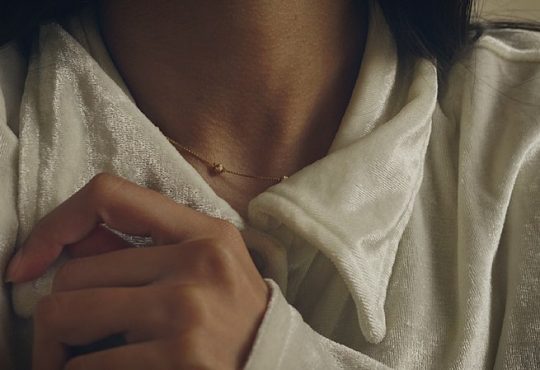The Peer Allies program is a new club on campus with the purpose of supporting victims of sexual violence.
Sexual violence is a pervasive issue on college campuses throughout the United States, and Puget Sound is no exception; according to the National Center for Injury Prevention and Control, 19 percent of undergraduate women will experience attempted or completed sexual assault at some point in their college careers.
In 2012 there were three reported cases of forcible sexual offense on campus, up from one reported case in 2010 and two in 2011. This number is only reflective of reported cases; according to the Rape, Abuse and Incest National Network (RAINN), 98 percent of sexual assaults go unreported.
This statistic means that many survivors of sexual violence receive no support. This is where the Peer Allies come in.
“The role of Peer Allies is to provide support to survivors,” said senior and Peer Ally coordinator Alex Shannon. “Their role is to support survivors in their decision, whatever it is.”
There are currently seven Peer Allies who hold weekly office hours in Kilworth Chapel. These hours are an opportunity for students who have experienced sexual violence to talk to a peer who can support them as they deal with the aftermath.
The program gives survivors the opportunity to provide the school with a better understanding of occurrences of sexual violence on campus without having to go through the formal reporting process.
“We’re not counselors, but we’re supportive listeners,” said senior and Peer Allies President Sadie Boyers. “Sometimes that’s all you need.”
This past summer Boyers researched student experiences with sexual violence on the Puget Sound campus.
“The research I did this summer shows that all areas of sexual violence on campus are underreported and probably more than people think,” Boyers said.
Unreported sexual violence means that survivors may not know about, or be able to take advantage of, available resources. Scheduling first-time appointments with CHWS can have a wait time of weeks due to high demand. While CHWS does have walk-in hours from 1 p.m. to 3 p.m, the Peer Allies provide an additional resource of peer-to-peer help.
The group’s peer-to-peer approach is modeled after Carleton College’s Campus Advocates Against Sexual Harassment and Assault program. Given that the peers are volunteers, the program system is a cost-free way to have conversations about personal experiences with sexual violence, in the past or present.
Though the Peer Allies are new on campus, they are by no means uneducated. All Allies go through a training process with professional psychologists and other speakers to learn how to interact with and assist survivors. They also receive continual training throughout the year at staff meetings.
The Peer Allies group was first discussed in the fall of 2012, at which time Shannon approached Director of Student Activities, Marta Palmquist, to see how an ally program could be started at the University. Palmquist put Shannon in touch with Boyers and senior Ellen Want.
From there Boyers, Shannon and Want went through the process of getting the Peer Allies approved as a club on campus. The club had to go through the campus lawyers, but was officially approved by the Senate this fall.
The Peer Ally program provides the necessary complement to the Green Dot program, which focuses on bystanders’ ability to prevent instances of power-based personal violence.
With Green Dot education focusing on prevention and the Peer Allies as a support for survivors, students and staff are working to create an environment where students can safely discuss issues of sexual violence for the sake of a safer campus.
“We want people to feel like [sexual violence] is something they can talk about and something they can report,” Palmquist said. “The way we make things better is by talking about it.”



